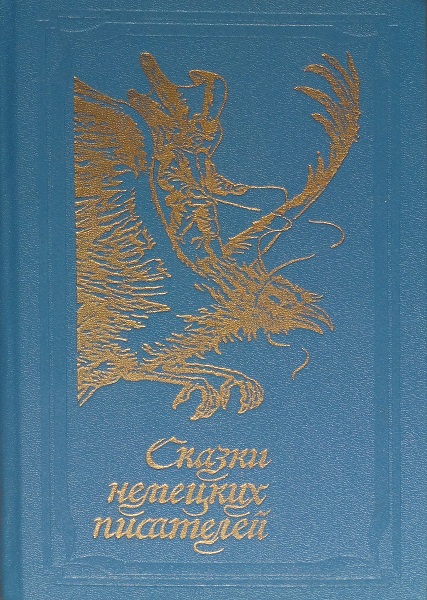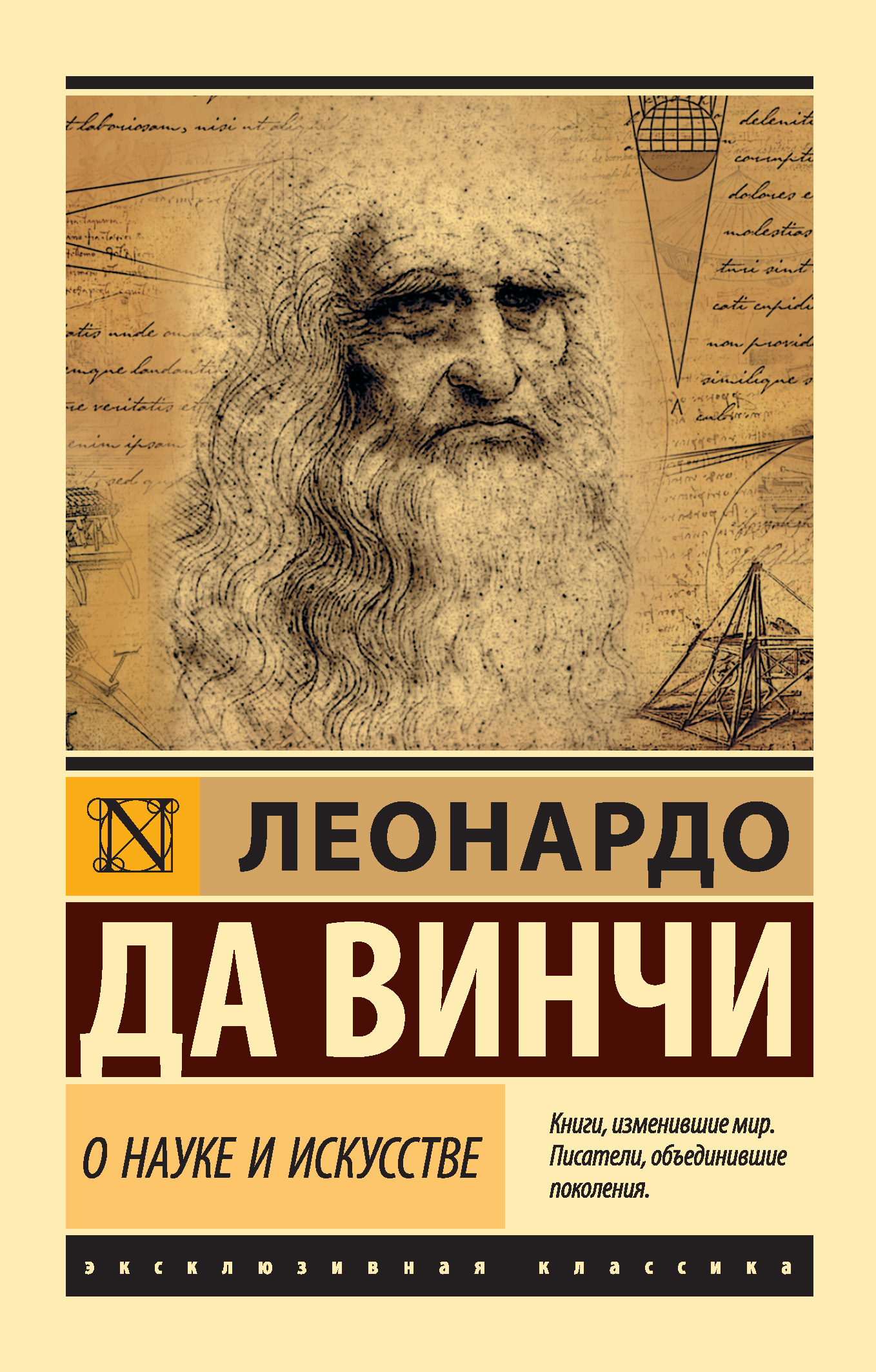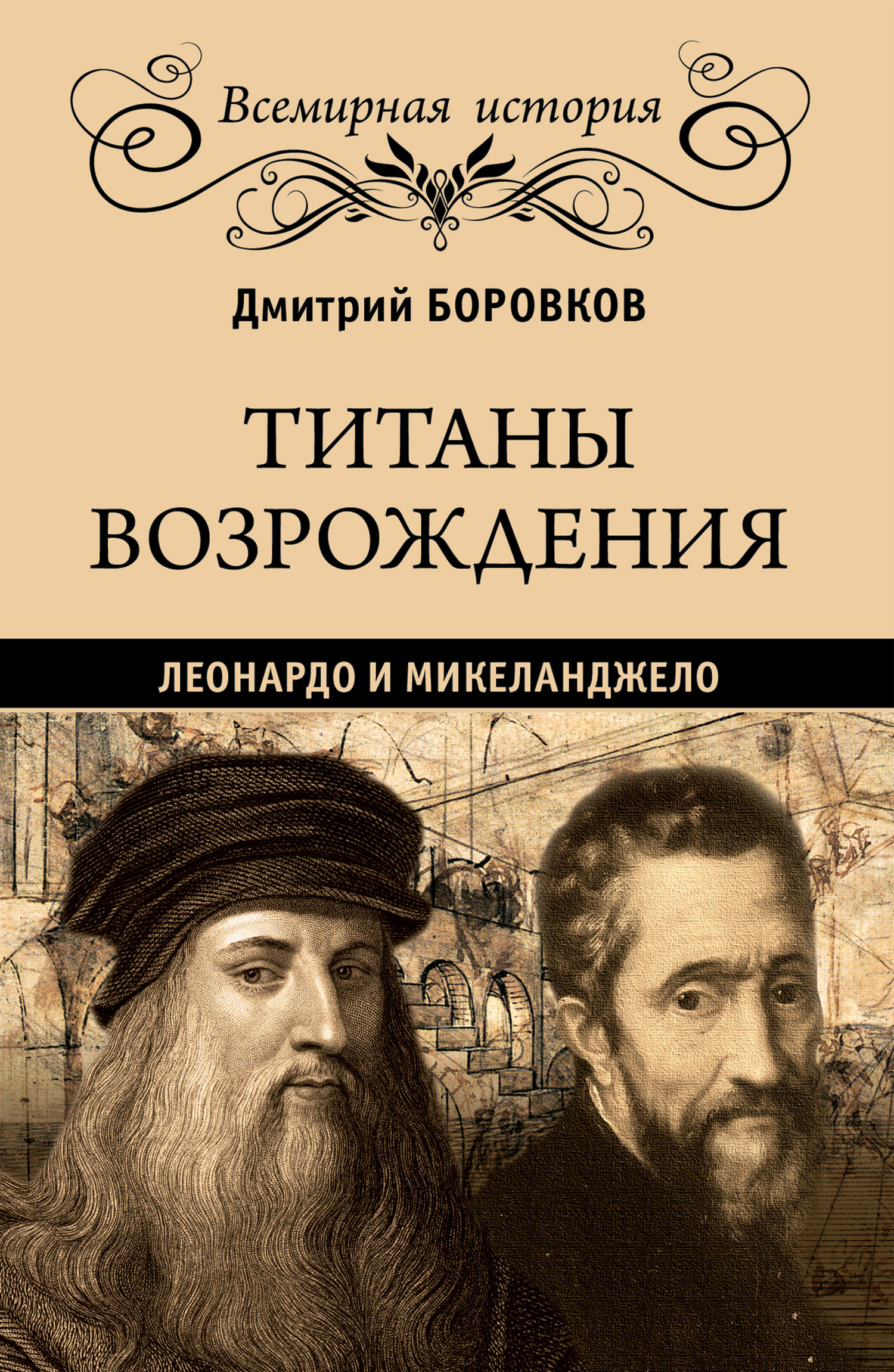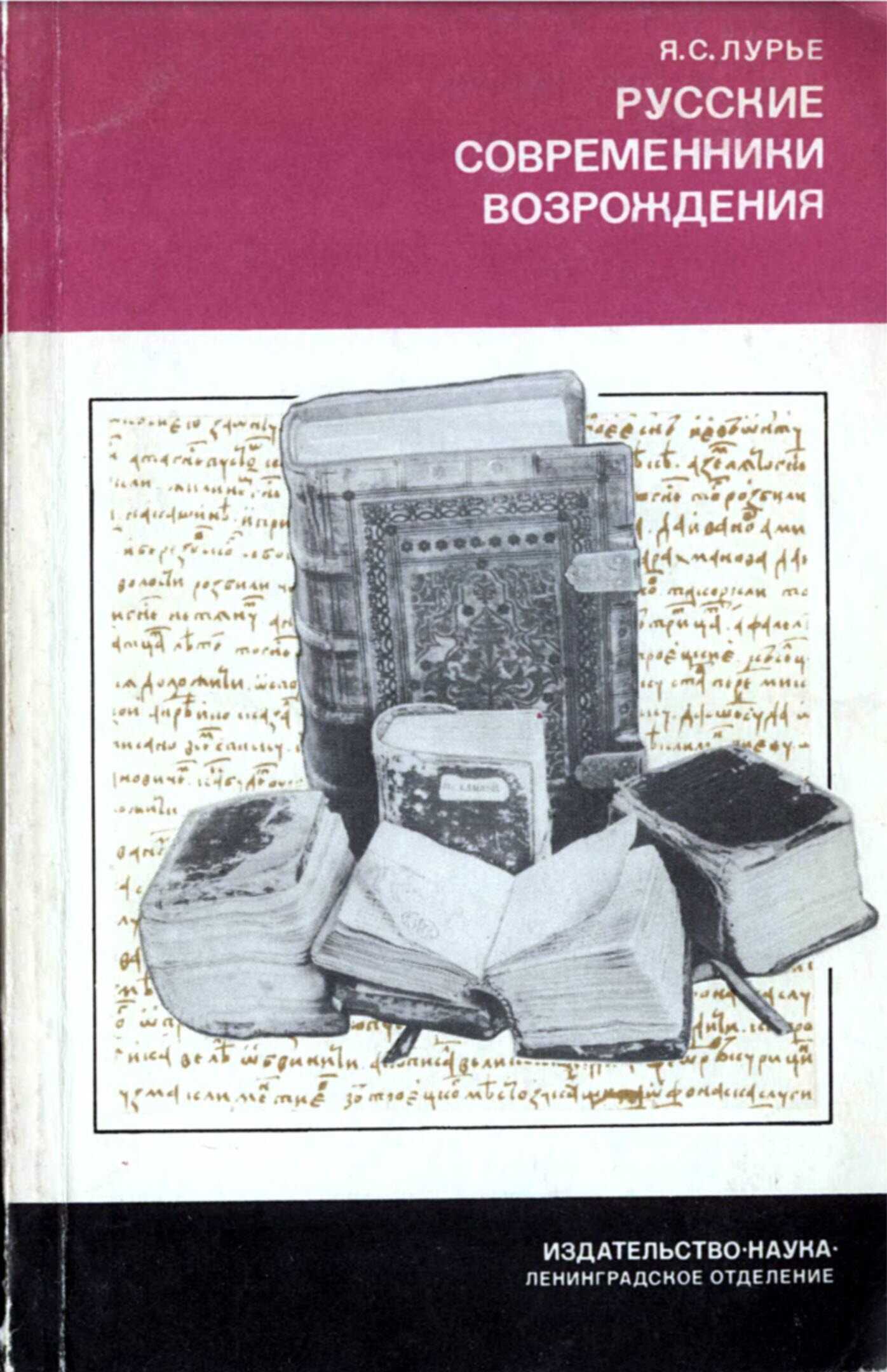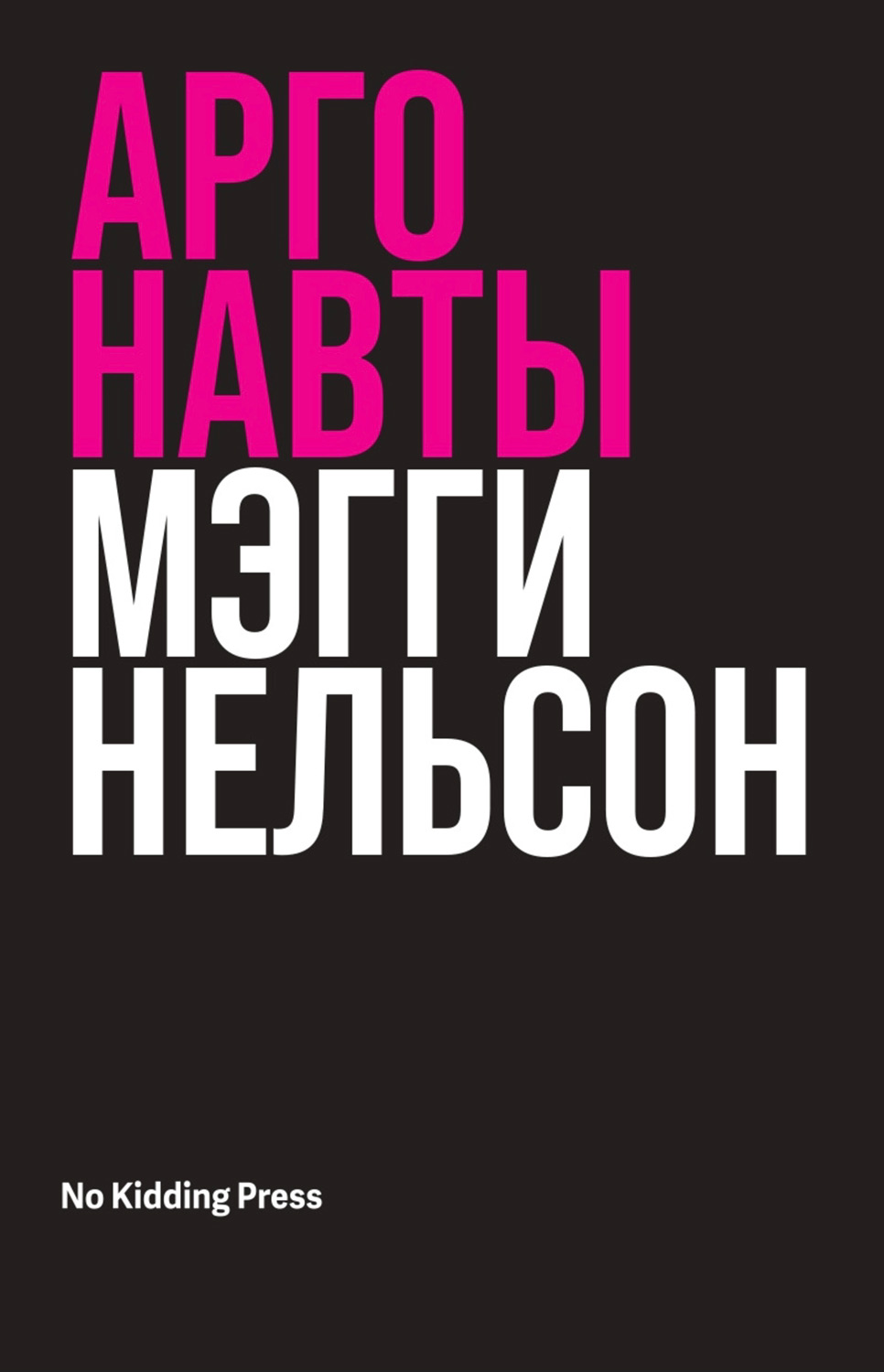Книга Полимат. История универсальных людей от Леонардо да Винчи до Сьюзен Сонтаг - Питер Бёрк
На нашем литературном портале можно бесплатно читать книгу Полимат. История универсальных людей от Леонардо да Винчи до Сьюзен Сонтаг - Питер Бёрк полная версия. Жанр: Книги / Разная литература. Онлайн библиотека дает возможность прочитать весь текст произведения на мобильном телефоне или десктопе даже без регистрации и СМС подтверждения на нашем сайте онлайн книг knizki.com.
Шрифт:
-
+
Интервал:
-
+
Закладка:
Сделать
Перейти на страницу:
Перейти на страницу:
Внимание!
Сайт сохраняет куки вашего браузера. Вы сможете в любой момент сделать закладку и продолжить прочтение книги «Полимат. История универсальных людей от Леонардо да Винчи до Сьюзен Сонтаг - Питер Бёрк», после закрытия браузера.
Книги схожие с книгой «Полимат. История универсальных людей от Леонардо да Винчи до Сьюзен Сонтаг - Питер Бёрк» от автора - Питер Бёрк:
Комментарии и отзывы (0) к книге "Полимат. История универсальных людей от Леонардо да Винчи до Сьюзен Сонтаг - Питер Бёрк"




















